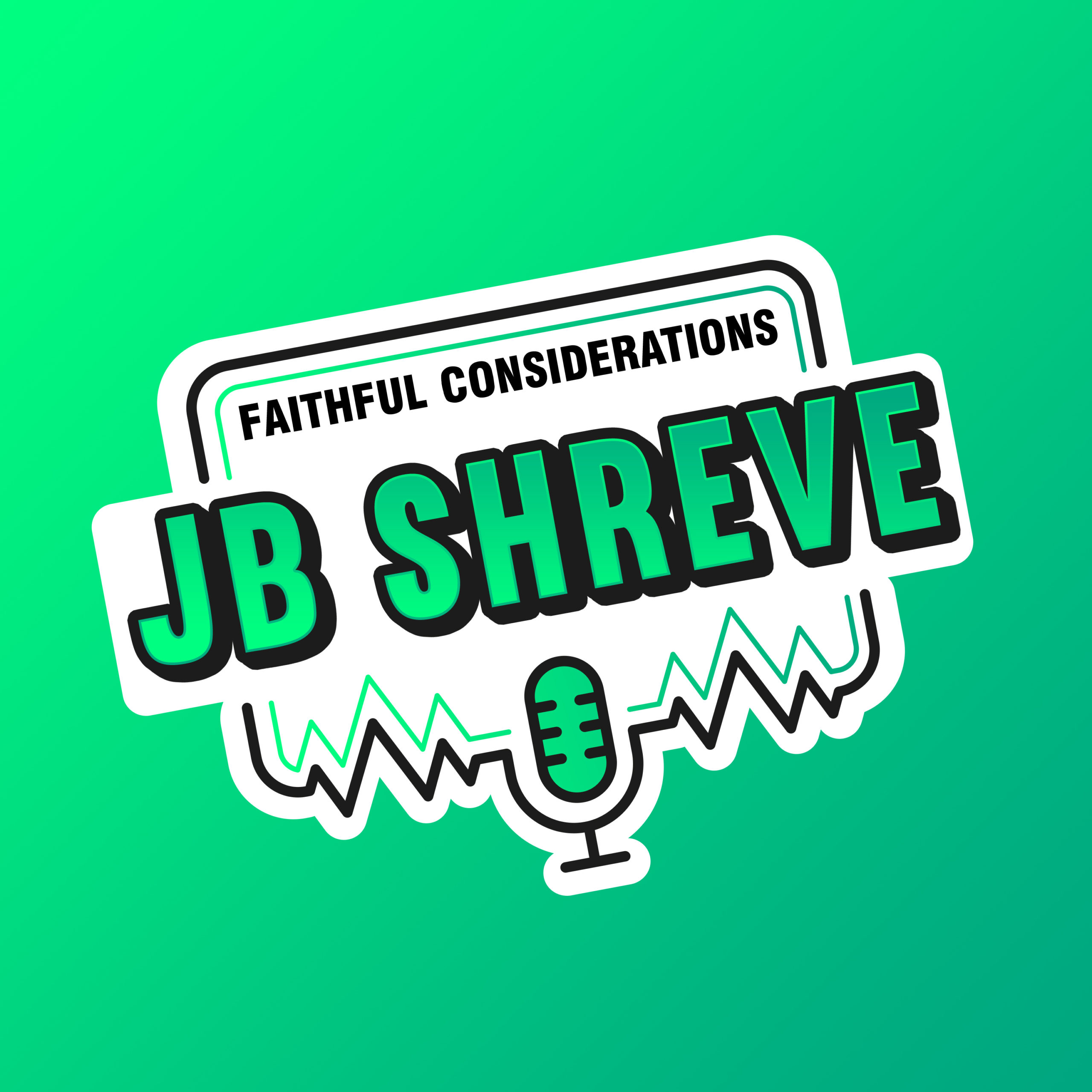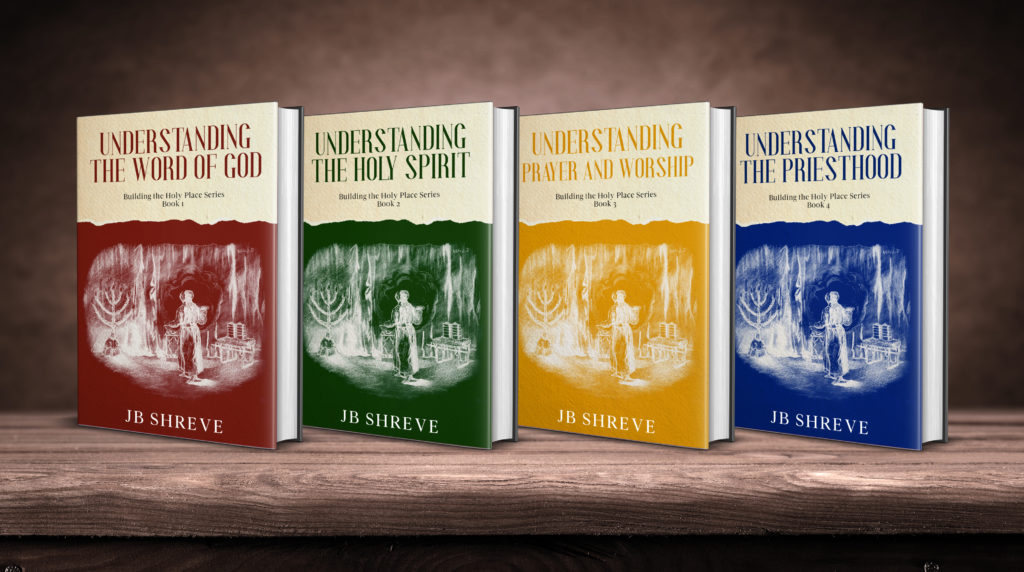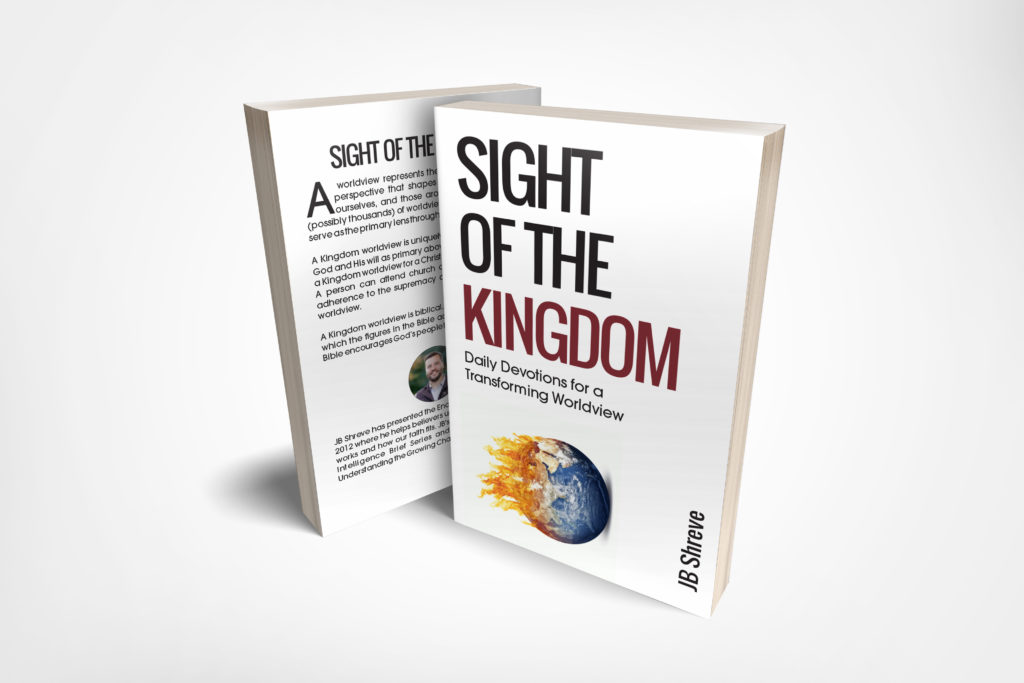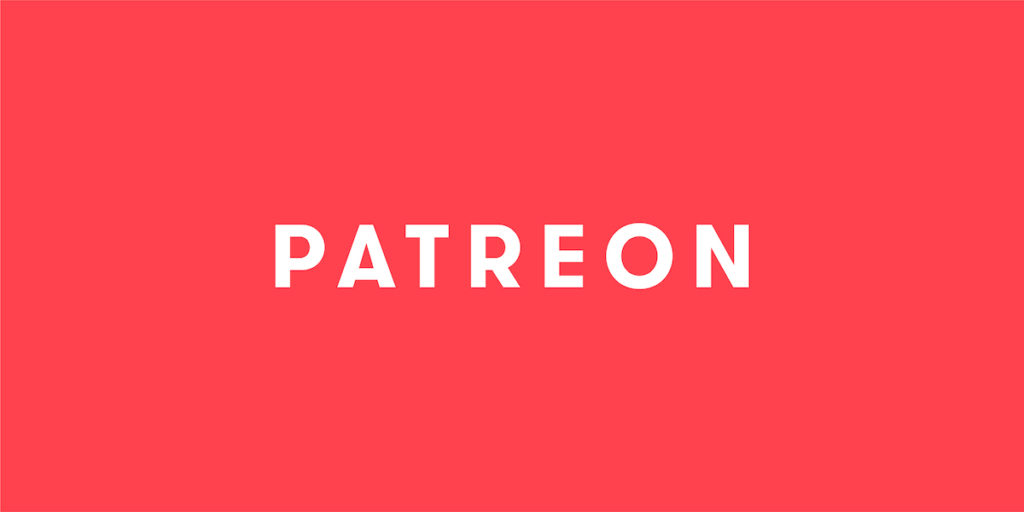We live in a culture saturated with voices that claim to promote our individual happiness. This focus is so prevalent that we barely notice when we hear it spoken. The emphasis on personal happiness is like the invisible oxygen that keeps our society moving forward. It is in the moral lessons of our sitcoms, the choruses of our music, and the enticements of our consumer culture. If we startle our minds to alertness, we will hear the mantra all around us. The most important thing is your happiness!
Spoiler alert! When we reach the end of our life, we will find those who pursued their individual happiness above all else usually end up the least happy. We don’t find true happiness when “self” is at the center of our life’s aims and worldviews. Frequently, to gain true and lasting happiness, we must opt for the more difficult pathway, the more challenging route, the sacrifice instead of the gain, silence instead of speaking, and death instead of life. In short, we must choose things that do not make us happy in the short term to achieve long-term and lasting happiness.
It is not that happiness is not important or should not be a personal objective, but securing personal happiness is not as easy as we are often led to believe. Those easy pathways are frequently deceptions whose end is only confusion, frustration, and loneliness.
The book of Psalms opens with a focus on personal happiness. But when we read about the pathway to attaining that happiness, we learn there is a specific prescription.
How happy is the man
who does not follow the advice of the wicked
or take the path of sinners
or join a group of mockers!
Psalm 1:1
Real happiness begins by knowing what we should turn away from: the advice of the wicked, the path of the sinners, groups of mockers. These characters don’t label themselves for us to identify in our lives easily. We have to take the time to search our environment and our influencers. Whatever space these voices occupy in our lives must be recognized and remedied.
It may be specific individuals. More often, it will be particular environments and contexts. I find social media is a place that requires far more deliberate personal management than most realize. When I allow the wicked, the sinners, and the mockers to fill my social media streams, I feel the anxiety and frustration their voices inevitably produce. When I feel that tension in my heart, I know it is time to clean up my feed or turn off my social media channels for a while.
Where and who are the influencers and voices you need to address in your life? These areas of deliberate life management are critical for finding personal peace in our pursuit of happiness.








